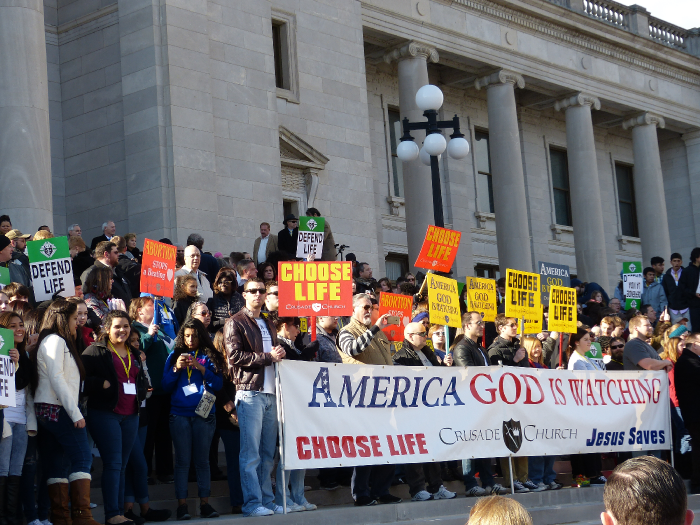
This article is part of an ongoing series tracking the Arkansas Abortion Amendment of 2024 and examining its possible effects on state law.
The group Arkansans for Limited Government is collecting petition signatures to place the Arkansas Abortion Amendment on the November ballot.
If passed, the amendment would write abortion into the state constitution, allowing as many as 3,000 or more elective abortions in Arkansas every year.
The measure prevents the Arkansas Legislature from restricting abortion during the first five months of pregnancy, and it contains sweeping health exceptions for abortion throughout all nine months.
It also nullifies all state laws that conflict with the amendment — putting basic restrictions like parental consent and informed consent requirements in jeopardy.
The abortion amendment also does not say who would be authorized to perform abortions or where abortions could be performed.
For decades, Arkansas’ laws required abortionists to be licensed to practice medicine. Over the years, the Arkansas Legislature enacted other standards for abortionists — such as laws requiring abortionists to be board-certified or board eligible OB/GYNs or requiring some abortionists to have hospital admitting privileges.
Nothing in the Arkansas Abortion Amendment requires an abortionist to be licensed to practice medicine in Arkansas.
The amendment fails to say who would be authorized to perform abortions in Arkansas, if it passed. It also isn’t clear what authority the Arkansas Legislature would have to set licensing and safety standards for abortionists under this amendment.
The amendment also says abortions may be performed in clinics or hospitals, but the amendment is silent about where else abortions may be performed.
The amendment also does not require abortion facilities to meet any minimum health, safety, or licensure standards.
You can download a copy of the amendment here.
Articles appearing on this website are written with the aid of Family Council’s researchers and writers.




